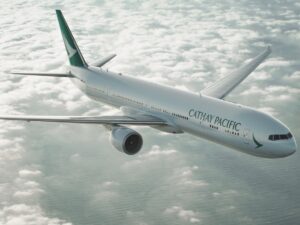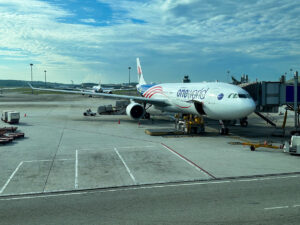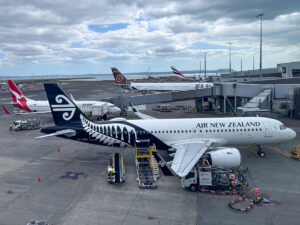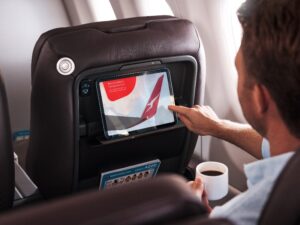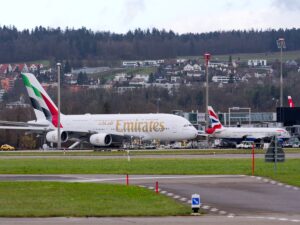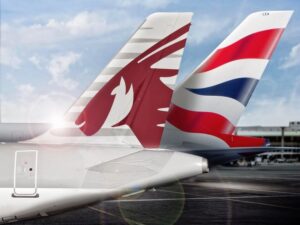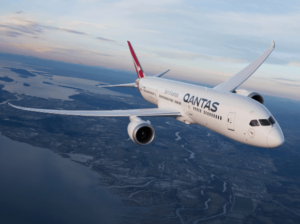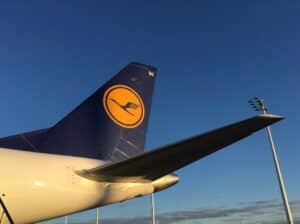
If you’ve had a flight cancelled due to COVID-19, you may have had to change your travel dates or ended up with a credit voucher to use towards a future trip.
Unfortunately, these travel credit vouchers come with their own limitations. As well as limited expiry dates, one common complaint has been that the voucher could only be used to book a new trip costing the same or more than the previous trip. And if the new booking costs more, the fare difference is payable. (In response to customer feedback, Qantas and some other airlines have now promised that vouchers will be redeemable towards multiple trips.)
Customers of some airlines have also complained that they’ve been charged extra when redeeming their voucher, even though they are booking a new flight on exactly the same route and class of travel.
Some airlines, such as Emirates and Qatar Airways have very flexible rebooking policies. They are allowing customers even to change to a new destination, without any change fees or fare difference payable. But other airlines, including Qantas and Virgin Australia, are charging any fare difference that may apply when redeeming the voucher. As a result, you could end up paying more to redeem your voucher for an identical flight if the fare available when you re-book is higher than when you made your original booking.
This is similar to what happened to a Lufthansa customer in Germany, who discovered they would need to pay around €3,000 (~$5,000) extra to change their travel dates after the airline cancelled their original flights. This customer had booked a First class itinerary before COVID-19 and was trying to rebook for travel on exactly the same flights a later date. This customer complained to a German consumer authority, who took the airline to court in the city of Cologne.
The court case in Germany
The lawyer overseeing this case was Dr Matthias Böse, who you may remember from a recent hidden-city ticketing case against Lufthansa. Dr Böse was a guest on the AFF on AIR podcast last year, where he spoke about this in detail.
In a preliminary decision, a judge found that Lufthansa (and other European airlines) do not have a right to request any extra payment when a customer rebooks their trip. As long as there are still seats available on the original route and class of travel – regardless of the fare class – a customer should be able to rebook at no cost. This applies only if the airline cancelled the customer’s original flight, and not the other way around.
This decision is not yet legally binding, but will become so if Lufthansa does not decide to, or loses, an appeal. In the meantime, an injunction has been applied and Lufthansa can be fined up to €250,000 (~$421,000) if it is found to apply a surcharge when a passenger tries to rebook a cancelled trip.
Lufthansa, like many airlines, has made it very difficult for customers to access refunds for cancelled flights – even though passengers are legally entitled to one. Many Lufthansa customers have therefore ended up with travel credits while the airline deals with its liquidity problems.
Why this case has succeeded (so far) in Germany
This sets a very interesting precedent, should a similar case ever be brought to a court in Australia. But, of course, the district court of Cologne in Germany does not have any power in Australia. This case also relies on existing consumer protections that only apply in Europe.
According to Article 8 of the European Union’s EC261 regulation, air passengers in Europe are entitled to their choice of the following remedies if an airline cancels their flight:
a) – reimbursement within seven days, by the means provided for in Article 7(3), of the full cost of the ticket at the price at which it was bought, for the part or parts of the journey not made, and for the part or parts already made if the flight is no longer serving any purpose in relation to the passenger’s original travel plan, together with, when relevant,
– a return flight to the first point of departure, at the earliest opportunity;
(b) re-routing, under comparable transport conditions, to their final destination at the earliest opportunity; or
(c) re-routing, under comparable transport conditions, to their final destination at a later date at the passenger’s convenience, subject to availability of seats.
In this case, Dr Böse argued that the re-routing at a later date is subject only to the availability of seats – not fare classes – and that there is no mention of an airline’s right to charge a surcharge or fare difference when re-booking.
